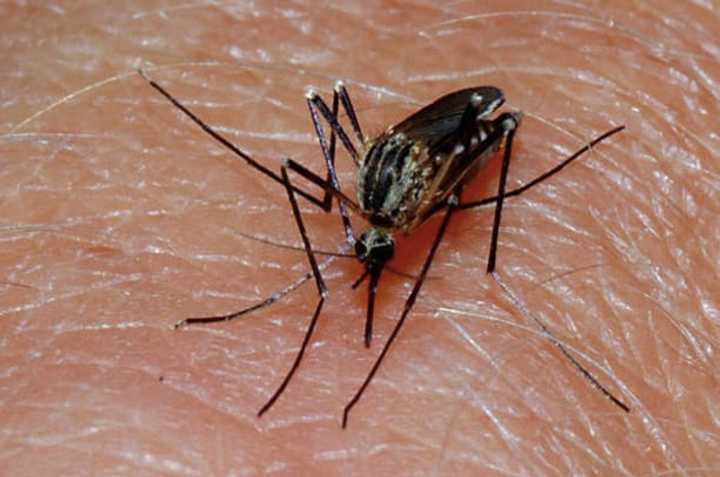The pool of infected mosquitoes was found in the area of Emerson Lane near the Warren border during testing by the Union County Bureau of Mosquito Control.
EEE can be transmitted to humans via the bite of an infected mosquito, according to the state Department of Health. A very rare illness, there are only a few cases a year, primarily in the Atlantic and Gulf Coast states.
In many cases an infected person will not have any symptoms, but in severe cases, an inflammation of the brain leads to chills, high fever, headache and vomiting. EEE is considered one of the most dangerous mosquito-borne illnesses in the United States, leading to death in a third of cases and significant brain damage in most survivors, the state Department of Health said.
The public can reduce risk of being infected with EEE by using insect repellent, wearing protective clothing, and staying indoors while mosquitoes are most active. Officials say that the "types of mosquitoes most likely to transmit EEE infection are most active between the hours of dusk, the time period between when the sun sets and it gets completely dark, and dawn, the time before the appearance of good sun light in the morning."
“We strongly encourage residents to use caution when outside,” said Office of Emergency Management Coordinator Anthony Padovano. “Wear protective clothing, get rid of standing water around your house, and be sure to use adequate bug spray.”
Other steps to avoid or reduce mosquito exposure are to cover garbage cans, remove bird baths, and remove tires and other containers that can hold water.
More information about EEE can be found here.
Click here to follow Daily Voice Cresskill-Closter and receive free news updates.
